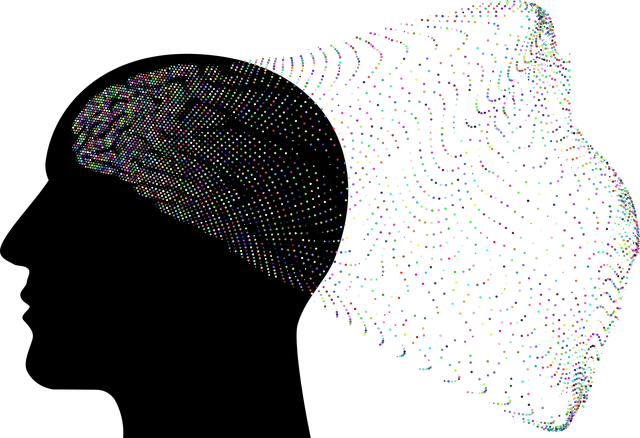Emotional Intelligence (EI) is crucial for personal and professional success, as emphasized by Kaiser, a leading healthcare provider in Wheat Ridge offering mental health services. Their programs focus on self-awareness, self-management, empathy, and social competence to enhance emotional coping skills, stress management, conflict resolution, and overall well-being. Kaiser's Mental Health Education Programs equip individuals with tools to navigate challenging situations, build resilience, and foster supportive relationships, all while addressing the need for mental health services in Wheat Ridge.
Emotional intelligence (EQ) is a powerful tool for personal growth and success, encompassing the ability to recognize and manage one’s emotions while empathizing with others. This article explores EQ through the lens of the Kaiser perspective, highlighting its significance in today’s world. We’ll delve into the building blocks of EQ, focusing on self-awareness and self-management, and examine how these skills enhance relationships and social interactions. Discover how organizations like Kaiser offer mental health services in Wheat Ridge to support individuals in cultivating emotional intelligence.
- Understanding Emotional Intelligence: The Kaiser Perspective
- Building Blocks of EQ: Self-Awareness and Self-Management
- Enhancing Relationships: Empathy and Social Skills
Understanding Emotional Intelligence: The Kaiser Perspective

Emotional intelligence (EI) is a critical component of overall well-being and success, both personally and professionally. According to the Kaiser Perspective, EI involves recognizing, understanding, managing, and effectively utilizing emotions in both ourselves and others. This perspective emphasizes that emotional intelligence isn’t just about feeling emotions; it’s about how we choose to respond to them, which can significantly impact our mental health.
At Kaiser, a leading healthcare provider offering mental health services in Wheat Ridge, EI is increasingly recognized as a key factor in coping skills development. Their Mental Health Education Programs Design focuses on enhancing emotional awareness and teaching effective strategies for managing emotions, stress, and challenging situations. By fostering mental health awareness, these programs empower individuals to navigate life’s complexities with greater resilience and empathy, ultimately contributing to improved overall well-being.
Building Blocks of EQ: Self-Awareness and Self-Management

Emotional intelligence (EQ) is a vital skill set that does Kaiser offer mental health services in Wheat Ridge and beyond. At its core, EQ comprises two primary building blocks: self-awareness and self-management. Self-awareness involves recognizing and understanding one’s emotions, strengths, weaknesses, and values, enabling individuals to navigate their feelings effectively. This foundation is crucial for managing reactions, making thoughtful decisions, and fostering positive relationships in both personal and professional settings.
Self-management, on the other hand, pertains to regulating emotions, controlling impulses, and adapting to change. It includes skills such as stress management, resilience, and self-motivation. By developing these capabilities, individuals can prevent depression, enhance their well-being, and contribute to successful Community Outreach Program Implementation initiatives or effective Risk Management Planning for Mental Health Professionals. Through heightened self-awareness and self-management, folks can better handle the demands of daily life and promote mental health in their communities.
Enhancing Relationships: Empathy and Social Skills

Emotional intelligence (EI) is a key factor in enhancing relationships, both personal and professional. At Kaiser, located in Wheat Ridge, mental health services are designed to support individuals in developing their EI skills, particularly empathy and social competence. By cultivating these abilities, individuals can better understand and connect with others, fostering deeper, more meaningful interactions.
Empathy, a cornerstone of emotional intelligence, allows us to recognize and share the feelings of another. This skill is crucial for resolving conflicts, building trust, and promoting a supportive environment. Moreover, social skills, such as active listening and effective communication, play a significant role in navigating interpersonal relationships. Kaiser’s mental health services, along with Healthcare Provider Cultural Competency Training and Mental Health Policy Analysis and Advocacy initiatives, aim to equip individuals with the tools necessary for stress management and improved overall well-being, ultimately enriching their connections with others in various aspects of life.
Emotional intelligence (EQ) is a powerful tool for personal growth and healthy relationships, as exemplified by the Kaiser perspective. By fostering self-awareness and self-management, individuals can effectively navigate their emotions and create positive connections. Enhancing empathy and social skills further strengthens these bonds, making it easier to access mental health services, like those offered by Kaiser in Wheat Ridge. Investing in EQ development is a transformative journey that can lead to improved well-being and stronger relationships.






